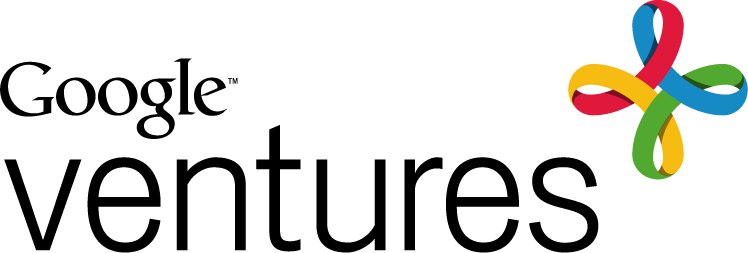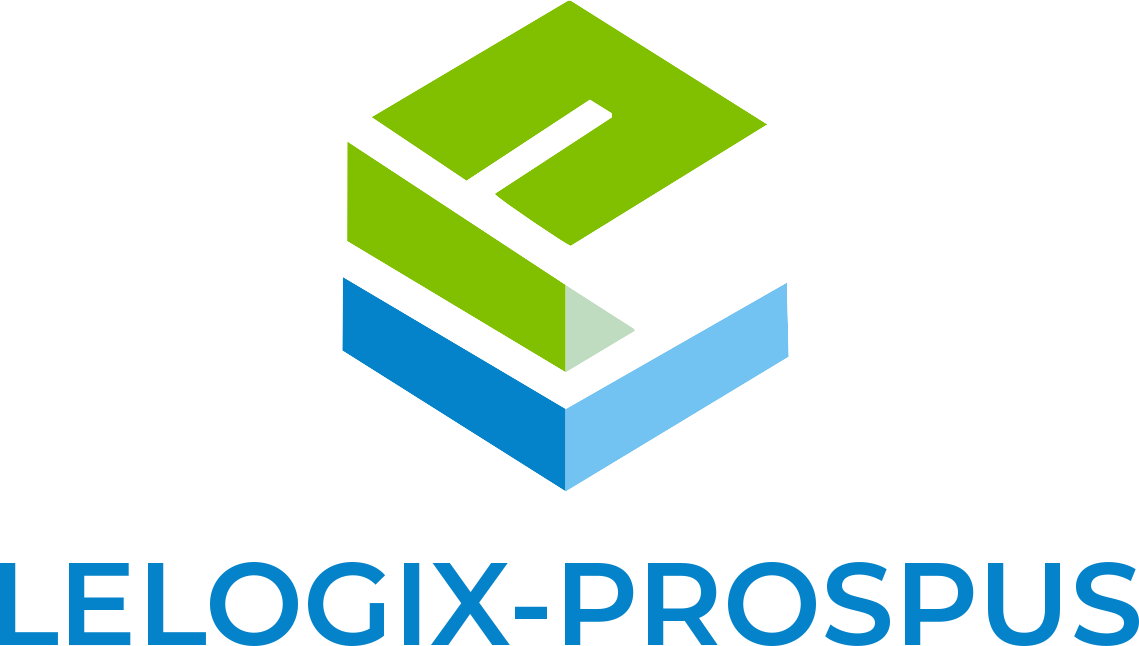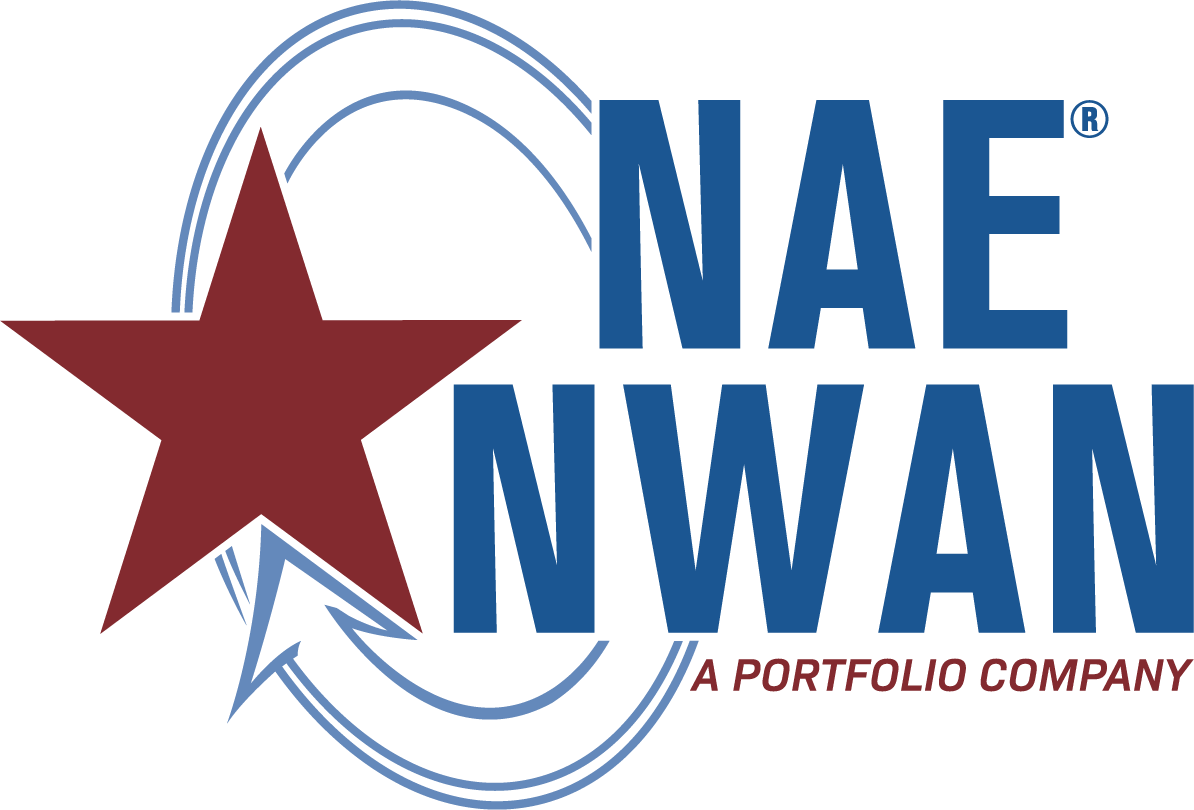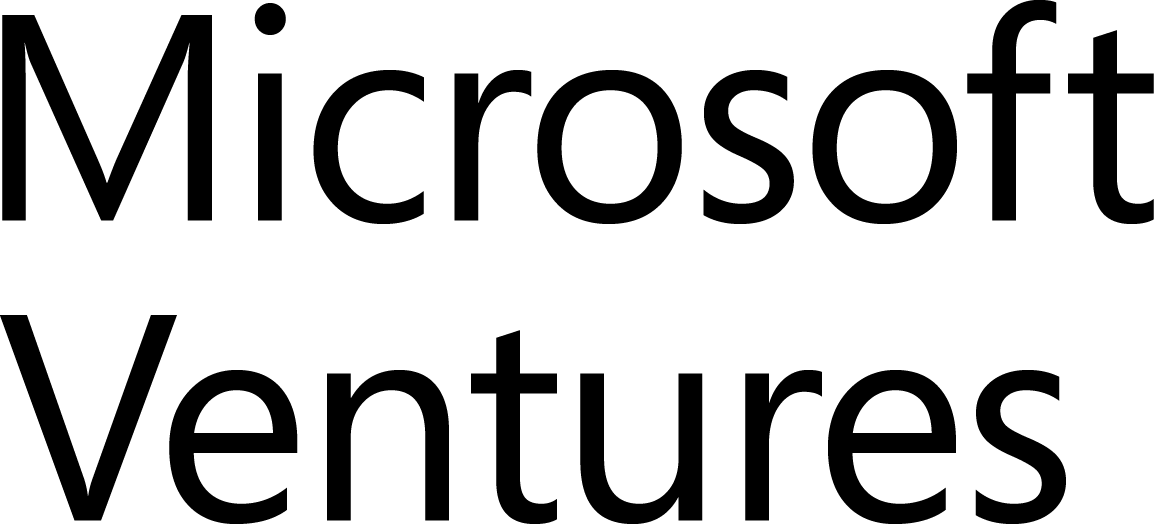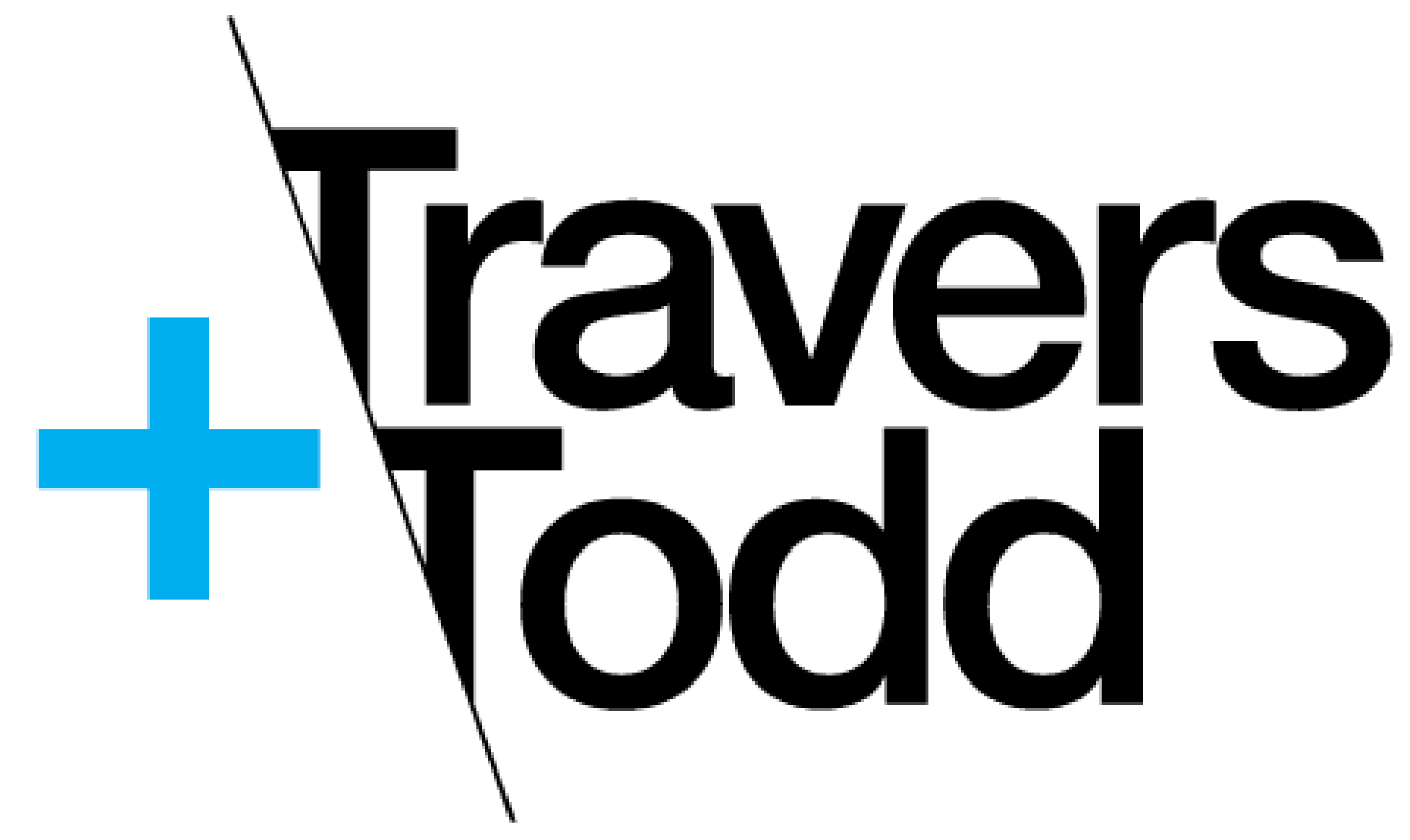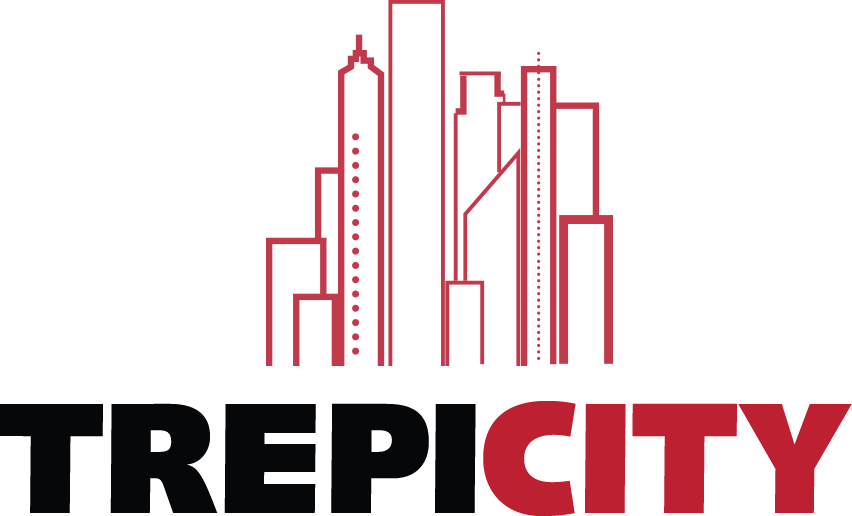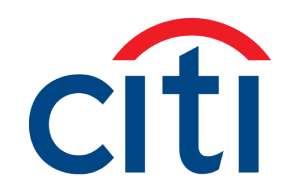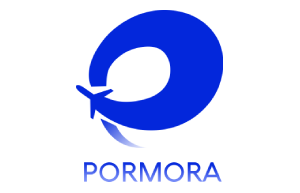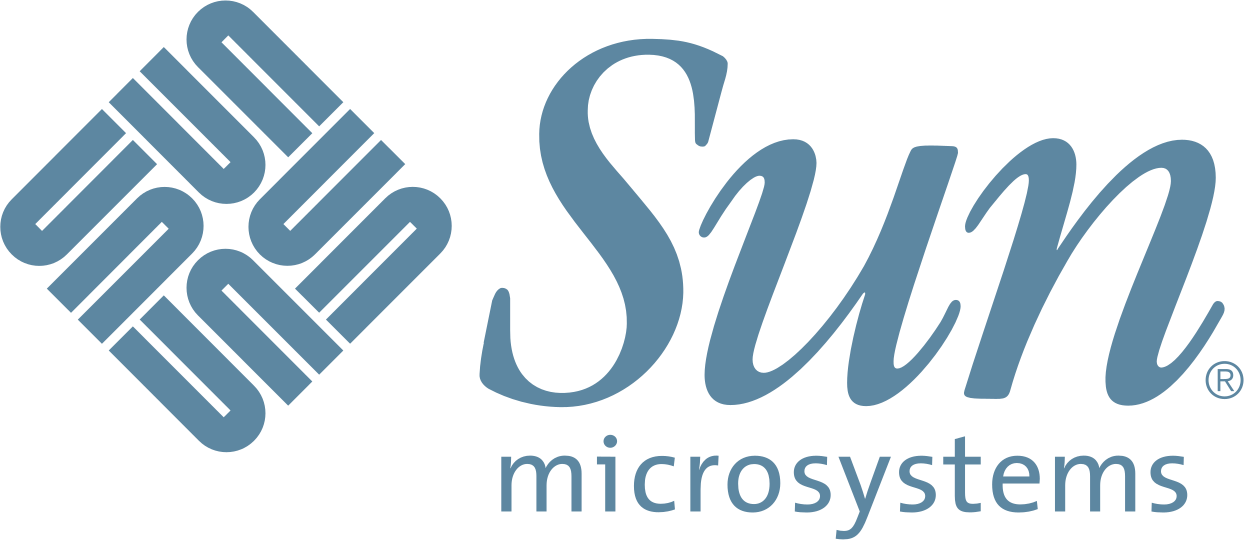In the beginning most software helped professionals in their roles as employees. But with every passing day new software is introduced that can help us in other roles as well; as parents, patients, consumers and more. It comes in the form of desktop software, mobile apps, websites, and hardware devices. Sometimes we use software to accomplish a specific goal, such as filing our income taxes. Other times we employ it without even knowing. If we were to create a list of all of the roles that we play in one column, and all of the software applications that exist to assist us in those roles in a second, corresponding column, we’d have a big list. But more importantly, we’d have something that does not currently exist: a virtual composite of the very machinery of humanity. Since what software does is help people do, such a list would serve as a de facto mold of much of human activity; bringing to light, in fine detail, the contours of everything that we as individuals and organizations are, can, and do do. In short, it stands to reason that if we could see what software there is, we would know precisely what is being done. And from one perspective, what is being done is at least as valuable as what is being searched for.
We have been building software to address every conceivable human need for decades. There are thousands of software applications which are availble to facilitate virtually every type of interaction. They are developed in any one of a thousand languages, platforms, and ecosystems, offering different levels of functionality, compatibility and usability. One piece of software providing some functionality is hardly different from another offering the same. And yet software organizations are perpetually redeveloping these commodity functionalities, touting incremental or trivial enhancements and reselling them. Although the explosion of information technology has facilitated a renaissance of possibility, fragmentation has severely diminished the usability and potential that resides behind software technology as organizations race to produce and reproduce the same functionality without any over-arching goal. Not only is this redundant and wasteful, but it is directly responsible for the chaos which plagues the information technologies and every human activity which relies on them. We have reached the climactic point where the acceleration of software development is outpacing our ability to meaningfully synthesize and integrate it into our daily lives. Software, though pervasive, is fast becoming more difficult to manage than it is useful to employ.
By and large software companies are not aware or particularly concerned with the chaos in the software marketplace. They are operating under the classic paradigm which has governed software development since the beginning: promoting proprietary standards and exclusive development environments, or selling band-aid integration technologies when customers clamor for simplification. The net effect of their efforts is even greater complication and confusion as consumers and organizations struggle with more interfaces and the siloization of their data. This chaos benefits the industry in that ignorant, confused customers spend more to accomplish less. Though we have choice in the marketplace, we trade that for wastefullness and redundancy of production, incompatibility, high learning curves, and inefficiency in the consumption of these services.
The solution to this is found when we realize that nowhere is any one person or organization focused solely on the growth of software itself in terms of what that software helps people and organizations achieve. That is because software development is completely decentralized; it is a free market filled with independent agents carving out their own niches by offering packages of limited functionality. There are big players offering integrated ecosystems servicing a wide range of activity, but none of these ecosystems is offered with the vision of a unified platform for managing every role we play in life. What we need is a giant command center for humanity itself to do what humanity does; a battlestation for every individual, within which he or she can utilize one piece of centrally-managed software to manage all of his or her different roles in life, from social to academic to professional and personal. The net result will be a single, evolving digital organism encasing humanity like a prosthetic arm, enhancing and extending, assisting and performing.
The only way to accomplish this is to reinvent our approach to software development. First, we must think of software as functionality built for a particular role trying to achieve a particular objective. Every piece of software exists to facilitate the achievement of an objective. When someone “logs in” to Nodes they are able to use any of the functionality built into the system to accomplish any objective they have. We start by by standardizing the ontological domains of human activity, and then systematically building out the requisite functionality. We start by identifying all roles and the objectives within those roles. Then we methodically build out the functionality necessary to address them as a single, centrally-managed piece of software, rather than a disjointed set of packages sold and marketed separately. The end result is an evolution; a single, software-based platform built from the ground-up to service the needs of individuals and organizations in all of their roles. A single sign-on to a system with the integrated capacity to perform all software functions, across all devices.
The future belongs to a single integrated platform for the entire band of human activity. It is not software constrained by languages, ecosystems, and hardware, but built around people and the things that people do. In the way that a Content Management System (CMS) provides modular functionality which facilitates the creation, maintenance, and enhancement of websites, there is a need for a Universal Management System (UMS) which organizes and facilitates the use of software in all of the roles we play, from financial and social, to academic, professional and familial. In a popular CMS you would find plugins to enhance the speed of your site, but in the UMS you would find “plugins” to handle the everyday events of your life across all of its various roles and dimensions. As more individuals and organizations join they would both find, contribute and share the tools, functions, and applications they need to run their lives, and all of those tools would both be aware of and communicate with all other parts of the system.





